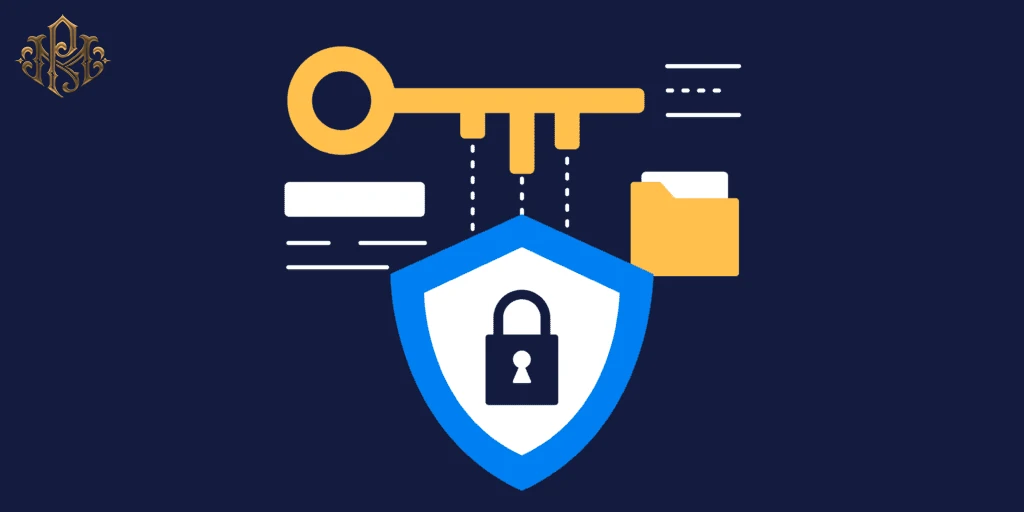
Close



Tokenized commodities are digital representations of physical assets like gold, silver, oil, and agricultural products. By leveraging blockchain technology, these assets are transformed into tokens that can be traded, stored, and transferred digitally, providing greater accessibility and liquidity.
Tokenization involves creating digital tokens on a blockchain that represent ownership of a specific quantity of a physical commodity. Each token is backed by a corresponding amount of the physical asset stored in a secure location. This process ensures that the digital token has intrinsic value linked to the underlying commodity.
Tokenized commodities offer several advantages, including increased liquidity, lower transaction costs, and enhanced accessibility. They enable fractional ownership, allowing investors to buy and sell small amounts of a commodity, which is particularly beneficial for expensive assets like gold. Additionally, blockchain technology ensures transparency and reduces the risk of fraud.

The adoption of tokenized commodities is growing, with several platforms and exchanges offering these digital assets. They provide new investment opportunities and attract a broader range of investors. Tokenized commodities also facilitate cross-border trading, eliminating the need for intermediaries and reducing settlement times.
As blockchain technology continues to evolve, the market for tokenized commodities is expected to expand. Regulatory developments and technological advancements will play a crucial role in shaping this market. Increased adoption and innovation in tokenization processes could revolutionize how commodities are traded and managed globally.